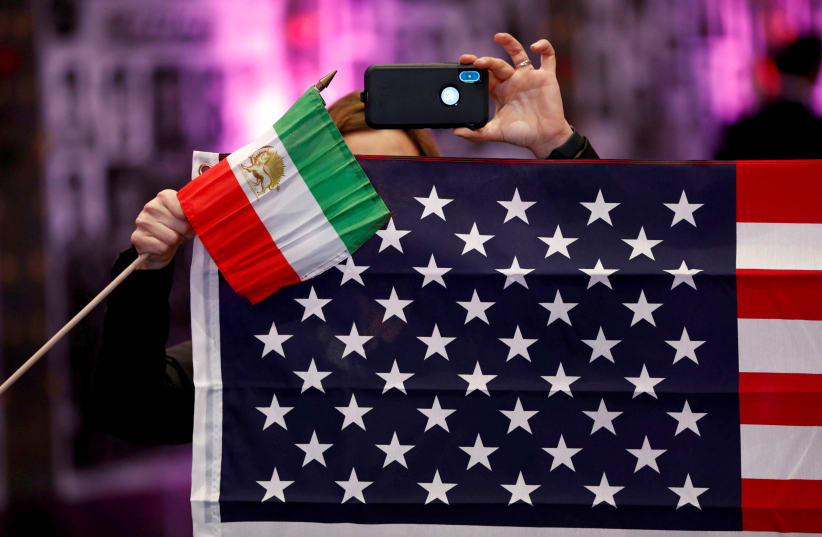Iran appears to be shifting its focus to internal challenges, the economy and protests in its southwestern Ahwaz region. In so doing, it has toned down some of its rhetoric threatening Israel, the US and other countries.
This doesn’t mean Iran has diminished its overall regional role – or is desisting from plots against US forces in Iraq or ending support for anti-Israel groups like Hezbollah – but it may signal a change in short-term calculations in Tehran.
Iran will have a new president soon and has said that it isn’t interested in returning to the framework of the 2015 nuclear deal until Ebrahim Raisi takes office.
This matters because the Islamic Republic is now in a transition period – and countries undergoing transitions often avoid new crises, like stoking new tensions with Israel. Raisi will want to focus energies on new policies and goals, and assemble a team.
He has already indicated that Iran doesn’t care as much about Western countries and is pivoting to a new eastern strategy that will involve closer relations with India, China, Turkey and other states.
Tehran is also concerned about the Taliban’s rapid gains in Afghanistan. When the Taliban were fighting America, Iran was happy to watch the Sunni Islamic group attack the US-backed Afghan government. However, with the US leaving, Shi’ite Iran will be concerned about chaos in Afghanistan and also about attacks on the small Shi’ite minority.
To read Iran’s media is to get an insight into some of these changes. Headlines deal with the price of eggs, currency exchanges, the problems in Khuzestan where there are anti-regime protests, discussions about water shortages and other mundane matters.
Tehran is also claiming to be fighting corruption internally and attempting a vaccine rollout against Covid. All of these are hurdles and challenges. The protests in Ahwaz caught the government off guard. This is clear from messaging in the media about trying to solve the issues in Ahwaz and the admission that there are water shortages.
It is unclear how long the lull will continue. Iran may soon pivot again to rhetoric against the US and Israel to distract from problems at home. It may soon be boasting about its missile and drone programs or provoking problems in Yemen, Syria, Iraq and Lebanon, where it has allies and proxies.
